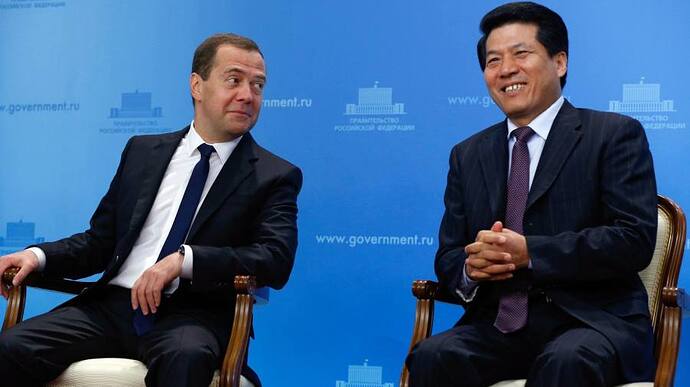Vladimir Vladimirovich Putin is a prominent Russian politician, and the current President of Russia. Putin has also served as the country’s Prime Minister on two separate occasions, as well as briefly serving as acting President in 1999.
Putin was born on October 7, 1952, in Leningrad (now St. Petersburg), Russia. He grew up in a communal apartment and his family faced financial difficulties. His father worked as a factory foreman and his mother worked in a factory as well.
From a young age, Putin was interested in sports, particularly judo, which he began practicing at the age of 11. He later also became interested in foreign languages, excelling in German and English.
In 1975, Putin graduated from Leningrad State University with a law degree. He then began working for the Soviet Union’s security agency, the KGB, where he focused on foreign intelligence. Putin served in the KGB until the agency’s dissolution in 1991.
After his time in the KGB, Putin entered politics. He began as the Chairman of the Foreign Relations Committee in the Saint Petersburg Mayor’s Office, before eventually being appointed as the Deputy Chief of Presidential Staff for President Boris Yeltsin.
In 1999, Yeltsin appointed Putin as the Director of the Federal Security Service (FSB), which was the successor organization to the KGB. Later that same year, Yeltsin resigned as President, and Putin became the acting President of Russia until the 2000 presidential election.
In March 2000, Putin won the presidential election with over 50% of the vote and was officially inaugurated as President. During his first term, Putin implemented a number of reforms aimed at strengthening the central government and cracking down on corruption.
In 2004, Putin was reelected with over 70% of the vote, and he continued to work toward consolidating power in the Kremlin. His administration also implemented a number of economic reforms, which led to a period of sustained economic growth in Russia.
However, Putin’s presidency has also been marked by controversy, particularly in regards to his handling of political opposition and human rights issues. Critics accuse Putin of limiting political freedoms in Russia, and many opposition figures have been jailed or exiled under his administration.
In 2008, Putin was forced to step down from the presidency due to term limits, and he was succeeded by his handpicked successor, Dmitry Medvedev. However, many analysts viewed Medvedev’s presidency as a symbolic placeholder, with Putin continuing to wield significant power behind the scenes.
In 2012, Putin was once again elected as President, and he continued to pursue his agenda of strengthening Russia’s centralized government and expanding its influence on the international stage. Putin’s administration has become increasingly involved in the ongoing conflict in Syria, supporting President Bashar al-Assad’s government in the civil war.
Despite criticism from Western countries, Putin remains popular domestically, with many Russians viewing him as a strong and decisive leader. In recent years, Putin has been increasingly vocal in his criticism of Western democracy, advocating for a more authoritarian government structure in Russia.
Throughout his career, Putin has been widely regarded as a shrewd and calculating politician, with a reputation for being both ruthless and pragmatic. Regardless of one’s opinions on his policies and actions, Putin has undoubtedly left an indelible mark on Russian politics and global affairs.
Disclaimer
6do Encyclopedia represents the inaugural AI-driven knowledge repository, and we cordially invite all community users to collaborate and contribute to the enhancement of its accuracy and completeness.
Should you identify any inaccuracies or discrepancies, we respectfully request that you promptly bring these to our attention. Furthermore, you are encouraged to engage in dialogue with the 6do AI chatbot for clarifications.
Please be advised that when utilizing the resources provided by 6do Encyclopedia, users must exercise due care and diligence with respect to the information contained therein. We expressly disclaim any and all legal liabilities arising from the use of such content.





